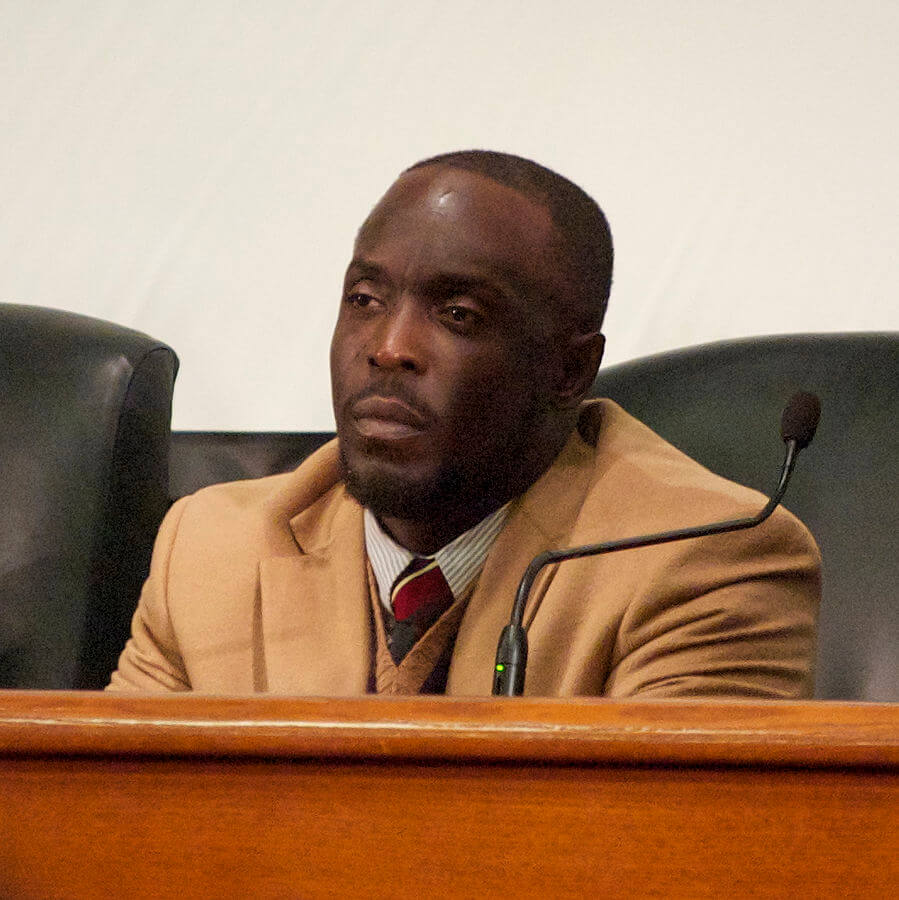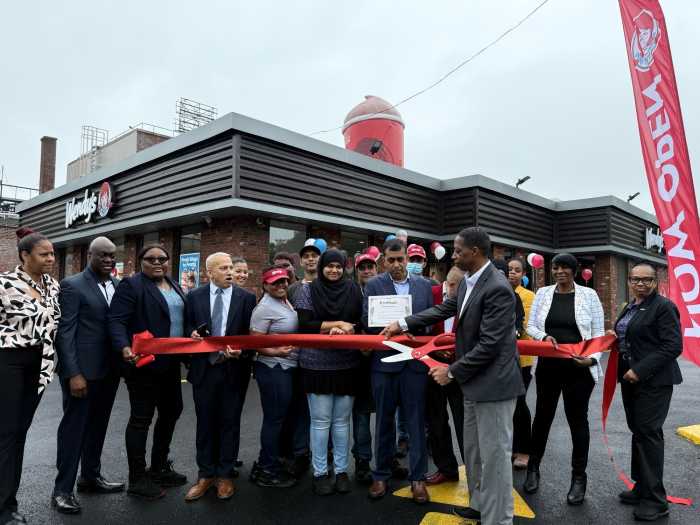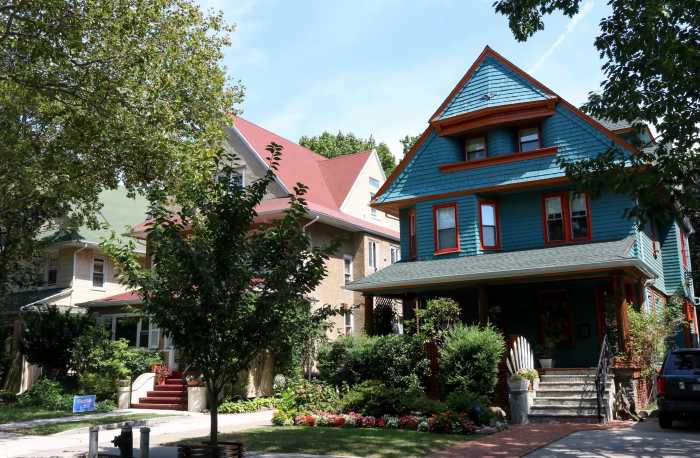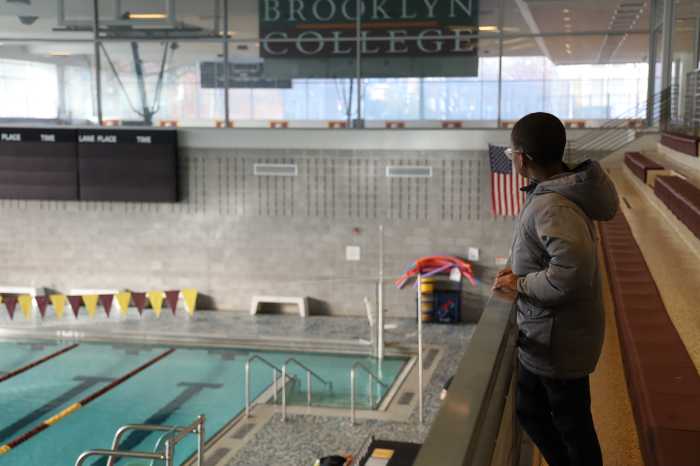The city is looking for ways to officially honor Brooklyn’s own Michael K. Williams, the acclaimed actor famous for his role as Omar Little on The Wire, and who died earlier this year at the age of 54.
“We’re going to find a way, before I leave office, to properly honor Michael K. Williams for all he has done for this community, for all the people he mentored, all the people he loved and supported,” Mayor Bill de Blasio said Tuesday at an unrelated event in Flatbush. “We want his name to be up there as an inspiration to all.”
The mayor referred to Williams as “one of the great actors of our time, in what was, to me…the greatest television show in the history of television, The Wire.” Those opinions were shared by many: the HBO program, which aired from 2002 until 2008 and provided a starkly realistic look at the gritty underbelly of gangs, policing, politics, and other institutions in Baltimore, is now widely lauded as one of the greatest television programs in history.
Williams’ portrayal of Omar, a widely feared stick-up man who operated under a strict moral code, has been particularly singled out for praise both during and after the show’s run, with the actor bringing a certain depth to his performance that is hard to replicate without lived experience.
The actor was born and raised in East Flatbush, specifically the Vanderveer Estates apartment complex (now known as Flatbush Gardens), and his experiences growing up in the neighborhood, and the characters it produced, informed his performances throughout his career. Williams had a troubled adolescence marred by addiction, abuse, and crime (he got his trademark face scar after being slashed in a barfight in Queens), and as a young adult he found a home as a dancer in lower Manhattan gay bars, leading to gigs as a tour dancer for prominent musicians before he turned to acting.
When Williams was cast as Omar, he brought his experiences growing up as a Black man in Brooklyn and within the LGBTQ+ nightlife scene of Lower Manhattan to a character at that point rarely seen on American television: a gay, Black gangster.
Williams never forgot his Brooklyn roots and remained a fixture in the neighborhood even after he moved out of his childhood home. “He was a regular guy,” a Flatbush resident told the New York Times in September; he would visit often to see old friends, and often organized youth events and food drives.
He was a tireless advocate for the community as well: he co-founded We Build the Block, an organization dedicated to creating a new community-led public safety model to replace policing, and he had consistently advocated for such models and pilot programs in recent years.
Unfortunately, the actor’s dedication to his craft often came at the expense of his health and wellbeing. While receiving acclaim for his role as Omar, he was privately struggling with addiction to the point he would often find himself sleeping at a drug house in New Jersey.
He relapsed several times over the course of his life, and his addiction would eventually claim his life. Williams died at his Williamsburg apartment in September from an overdose on a combination of Fentanyl, p-fluorofentanyl, heroin, and cocaine, according to the Medical Examiner.
His death sent shockwaves around the country, but nowhere more so than in his home borough of Brooklyn.

























